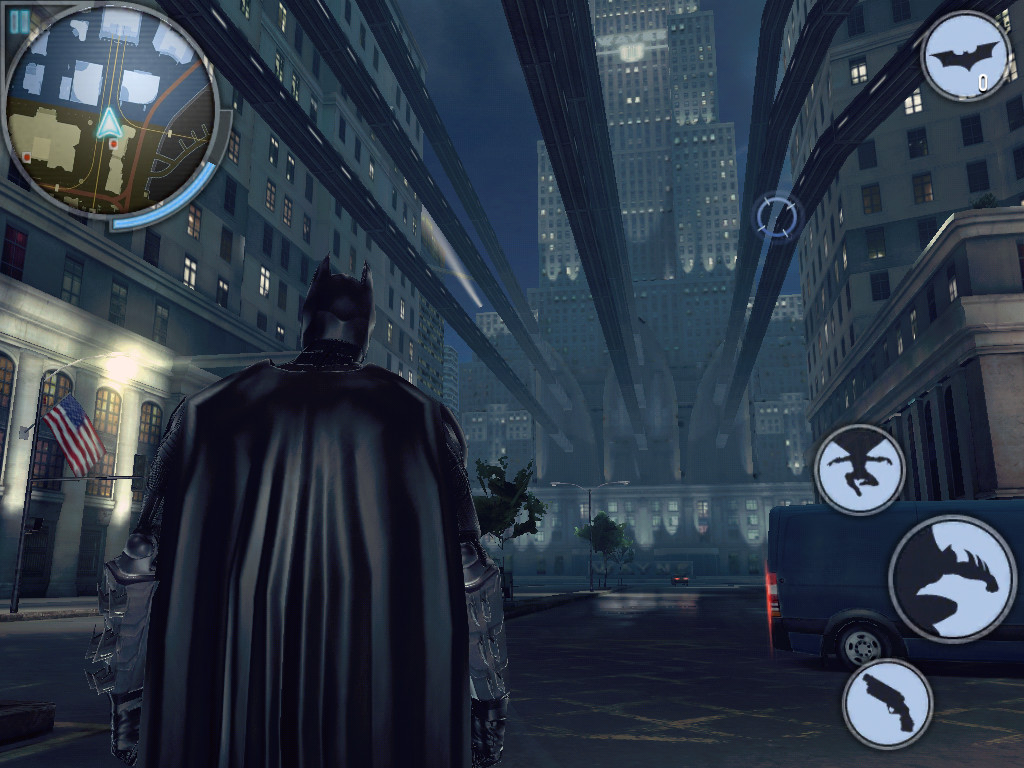True horror fans know that when a story references The King in Yellowonly the luckiest will survive with a full set of marbles. Signals (opens in new tab) practically opens by having you pick up the book, though somehow it never appears in your inventory. That's the first clue that Space Madness is just around the corner.
If I were to be terribly reductive, I’d describe Signalis as a (mostly) top-down Silent Hill anime in space. But horror is a genre driven entirely by vibes and instincts, and my gut tells me that Signalis is something special. It calls itself a ‘psychological horror’ and mimics the tone of Silent Hill, but just as Dead Space combined Resident Evil 4, System Shock and Event Horizon into one experience of its own, Signalis is a rich stew of sci-fi and horror.
It's familiar, palatable, and accessible, until the moment it becomes something else.
Do they look like monsters to you?
That’s how Signalis gets under your skin. Despite being set in a grounded (if deeply dystopian) low-tech universe with lots of world-building text to consume, there’s a pervasive sense of unreality here. The puzzles are surreal and abstract with no clear reason, and protagonist Elster (a mass-produced ‘Replika’ android) has her own thoughts, feelings, impulses and fragmented memories that you’re not privy to. Still, your mission is clear enough: search the remote ice planet of Leng for your ship’s missing co-pilot.
There is a nagging feeling that despite being the player, nothing here is inside your control. Or anyone's, for that matter. Every living character you meet seems to be as lost as you are.
Mechanically, Signalis is the most familiar: it’s a classic survival horror game built on puzzles, exploration, and resource management. There’s finite ammo and healing, claustrophobic tunnels patrolled by ancient androids-turned-monsters, and save rooms with storage chests that help you lighten your limited inventory space. Combat most closely resembles the Resident Evil 1 remake, with simple gunplay made tense by reviving monsters that can only be permanently killed with limited incendiaries or stunned with consumable emergency items. Those who find this too stressful can also dial down the difficulty, which greatly reduces the resource pressure. This aspect of Signalis is unremarkable.
Signalis looks remarkable in every other respect, though. Aside from some stylish cutscenes punctuated with classic set pieces, its world is built from impeccable pixel art backdrops with low-res 3D models overlaid in classic Resident Evil fashion, aided by a map that marks key rooms and doors as broken, open or locked. Rather than obfuscating where to go, the camera stays still in a clear overhead perspective.
And then suddenly it doesn't: Signalis abruptly jumps into PlayStation-style first-person 3D for a puzzle or exploration sequence. Between these changes and the glitchy video effects around the enemies you'll encounter, Signalis never lets you feel safe.
Channeling Silent Hill sound designer Akira Yamaoka, most of Signalis’ soundscape is a layered industrial hum, the thumping of distant machinery and click-clicking drive heads. Until a monster sees you and screams – then the muffled white noise is replaced by a discordant mechanical cacophony; the sound of synthetic adrenaline and your android heart pounding in your ears until you escape or your attackers are dead.
The game’s audio, puzzles, and overarching themes all intersect at the radio panel. As a low-fidelity android, Elster has a built-in radio tuner that automatically decodes signals. Most frequencies contain nothing more than noise, station numbers, and distorted music, but others provide codes to access locked safes, transmit important sounds, or even harm enemies. As long as you have the radio turned on, the ever-present looping signals, cryptic messages, and noise add another layer of anxiety.
Shattered Memories
Signalis’ intentional ambiguity made me anxious all the time. Don’t expect easy exposition: Signalis plays like a dream, often jumping ahead, leaving the player to figure out how much time has passed. First-person 3D flashback sequences further confuse the timeline, impossible scenes interspersed with more plausible memories. While your mission is always simple—a downward spiral in search of a missing person—many of the finer points are left up to interpretation.
My complaints with Signalis begin and end with inventory management. Elster has a six-slot inventory. Unfortunately, a weapon and an ammo box make up two items. Add healing items for three. A defensive item makes four. There’s also a flashlight (for dark rooms) and a camera (for visual notes on puzzle hints), and that’s before you need to carry a single puzzle key item. Needless to say, I found myself returning to storage chests frequently. Just an extra slot (or letting me permanently equip the torch and camera) would solve 80% of my inventory woes.
But that’s all for rants. I’d love to talk more about the story and its world, but I don’t want to spoil any surprises. Signalis is out on October 27th and will also be on Game Pass, and I can’t wait to talk to the Silent Hill crowd about Elster’s fractured memories. Signalis feels like a game I’ll be thinking about and remembering (however vaguely) for a long time to come.










